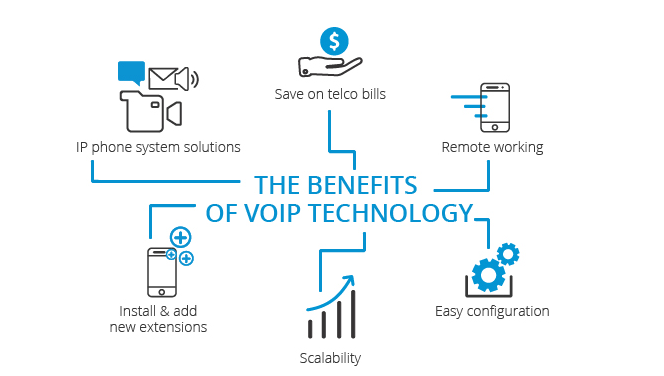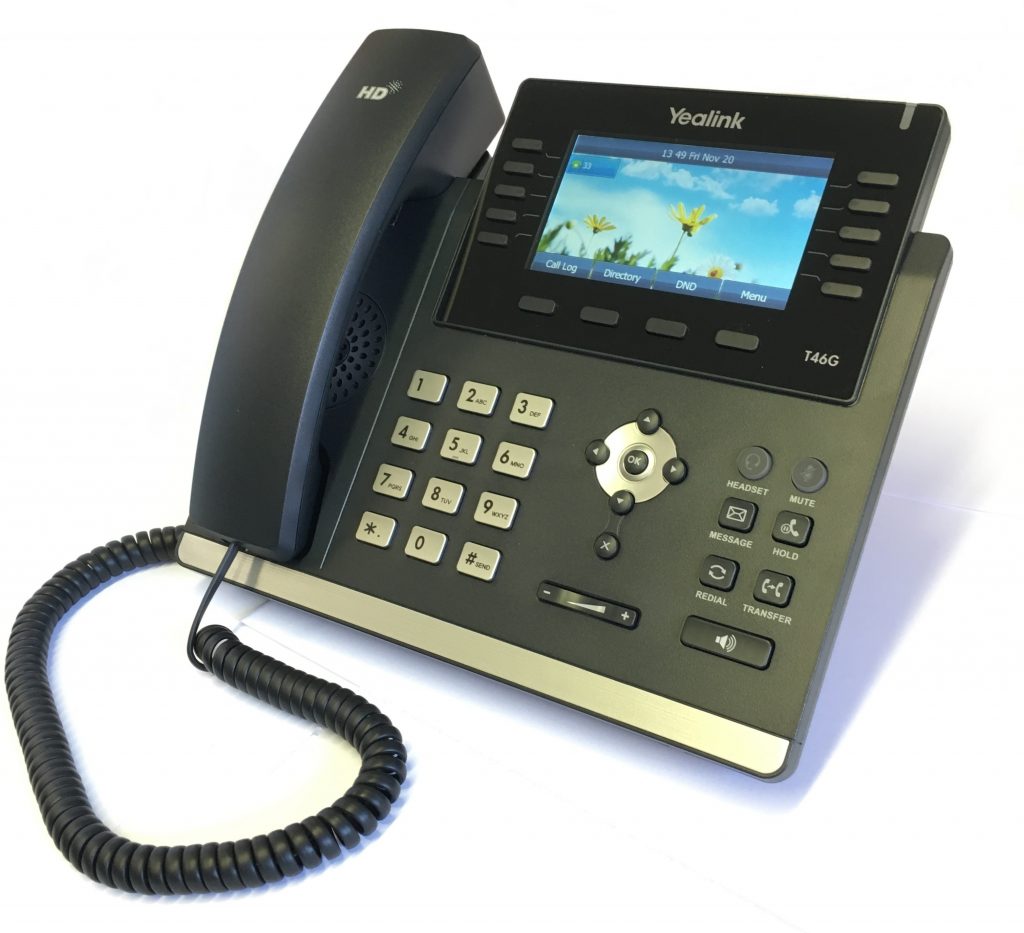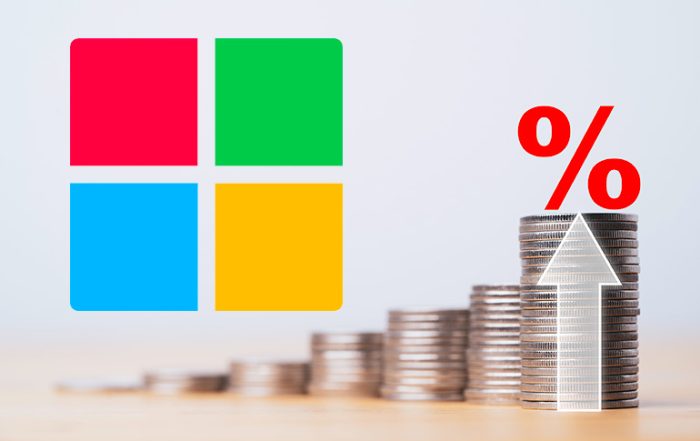Why You Should Be Switching to VOIP
VOIP has become the standard business phone service, but many people are still sticking with traditional landlines or copper-wire home phone lines. While most of these people stick with what they’re used to simply because that’s what they’ve been using, there are several reasons why you should make the switch from traditional telephony to VOIP as soon as possible. In this article, we’ll cover five of those reasons – and if you aren’t convinced by the end, we’ll even show you how to make the switch without even replacing your existing phones!
What is VOIP
Voice over Internet Protocol (VOIP) is a telecommunications technology that allows you to make telephone calls using a broadband Internet connection instead of a regular (or analog) phone line. The calls are sent over data lines as packets of digital information, which are then converted back into sound by your receiver. Just like traditional phone service, you need both a transmitter and receiver for VOIP service. Your voice is transmitted through an IP address on your computer, while at home or work it can be transmitted via an IP Phone device. The difference in cost compared to traditional phone services is significant—especially when you have multiple lines in one home or office. Plus, modern IP Phones offer advanced features such as voicemail-to-email, call forwarding with personal distribution lists, even fax capabilities right from your IP Phone handset.

Benefits of Voip
Despite recent advances in cell phone technology, there are still many reasons why businesses should be switching to Voip. The benefits of Voip include cost savings, enhanced functionality and improved performance.Voip services can provide excellent quality audio, which makes it a great choice for both audio and video conferencing. As with any new technology, you’ll want to choose a company that has exceptional customer service and 24/7 support so you don’t miss any important meetings.
How do I get started with voip
As with anything new, it takes some getting used to. There are a few different ways you can choose to make your transition. The easiest is probably buying a pre-configured computer or server with all of your new hardware already in place. If you don’t want to make an investment in new hardware, there are also low-cost phones that will allow you to use existing equipment with little work on your part. For instance, most computers come equipped with audio inputs and outputs, but using them requires some technical know-how that most people don’t have at their disposal when they need VoIP services right away. With some simple adapters, however, you can get everything up and running without sacrificing too much space. Or if you like having many options available to you (the MacGyver approach), then try picking up some software like Skype, which allows for free voice calls within certain distances. Whatever way you decide to go about switching over to VOIP phone systems, it’s important that everyone in your office has access – so let everyone who may be affected by these changes know what’s happening well ahead of time so no one feels left out or annoyed by delays while they learn how everything works. This stage of planning should take about four weeks before implementation begins so everything is ready for go time!

Is my business Voip-ready?
Voip can work with any internet connection, even a wireless card, meaning you don’t have to worry about installation and long-term contracts. Voip uses software similar to what you would find on your computer or cell phone, making it incredibly easy for most users. While you do need a computer and an internet connection in order to use voip, most computers nowadays already have these necessities. Plus, technology never sleeps, so if anything goes wrong or if something needs updating down the line there are always updates available. Most companies have both internal updates that they perform themselves as well as updates that they leave up to their clients. If you choose not to update and continue using old versions of your program(s), however, you run the risk of losing compatibility with other programs running through your system, which could potentially cost you money by having to hire someone else. The biggest upside to using voip is that it’s much more economical than standard phone lines. In addition to only requiring a computer and internet connection as previously mentioned, businesses also save money by not having multiple phones anymore.
How does voip compare to Vonage?
With Vonage, you have a one-year commitment that can be hard to break if you’re unhappy with your service. But VoIP phone systems work differently. Rather than being locked into a long-term contract, they allow you to cut ties at any time. If you’re unhappy with a provider for any reason, you can leave in a month or even less! Plus, most providers offer free trials so it’s easy to test drive their service before committing.
Contact us to get started!







